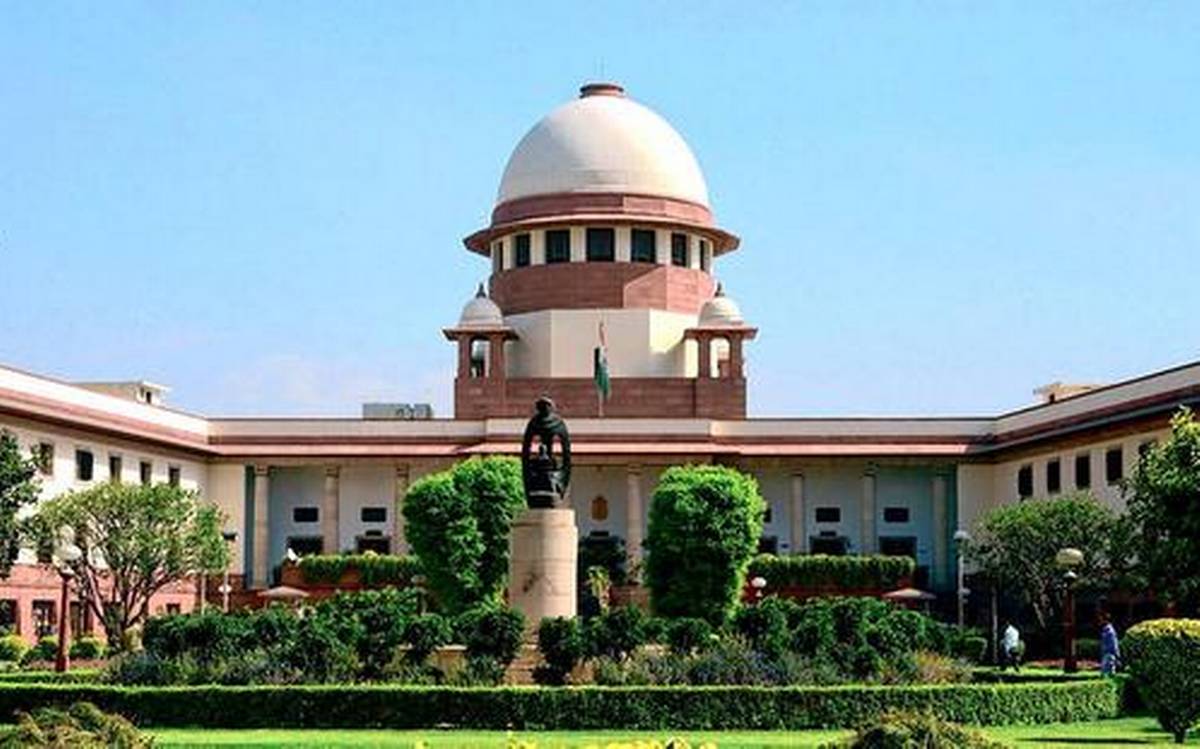Highlights:
- No coercive action against employers unable to pay full wages to employees
- The top court has asked employers and employees to negotiate payments
The private companies in India receive a massive relief as the Supreme Court of India, on Friday, said that no coercive action will be taken against the employers who are unable to pay full wages to the employees amidst the lockdown which was implemented to contain the spread of the novel Coronavirus.
The top court has asked employers and employees to negotiate and come to an agreement on the wage payments for the 54 day lockdown period. The SC bench observed that both labours and the industry need each other and must make efforts to resolve the dispute mutually.
Also Read: Supreme Court Orders Delhi, UP And Haryana To Decide A Common Travel Policy In 7 Days
The Supreme Court has given a slew of directions to the states’ labour departments to facilitate these negotiations. The state governments will have to facilitate, initiate the process of settlement and also submit the detailed report to the labour commissioners on the same.
The Supreme Court has given 4 weeks time to the Center to file its reply on the question of legality and validity of the 29th March notification issued by Home Ministry which said “all employers” will have to pay 100% wages to their employees during the lockdown period.
The notification said, “employers, be it in the industry or in the shops and commercial establishments, shall make payment of wages of their workers at their work places, on the due date, without any deduction, for the period their establishments are under closure during the lockdown.”
This judgement was pronounced by a bench consisting of 3 judges comprising of Justices Ashok Bhushan, M R Shah and S K Kaul on a batch of petitions where were filed by more than 15 Micro, Small and Medium Enterprises (MSMEs) against the order of the Central Government.
On the 4th of June, the top court granted interim protection to the private firms in the country saying no coercive action needs to be taken against them.
K K Venugopal, Attorney General, apprised the bench that the 29th March notification was only a temporary measure. Since crores of people migrated, the notification was to minimise the sufferings and stopping the workers from leaving, said Venugopal.
The Supreme Court said, “Your notification compelled the payment of 100% of salaries… It can be around 50 to 75%. So the question is, do you have the power to get them to pay 100%, and on their failure to do so, prosecute them?”
The bench observed that some of the discussions should be held to find the solutions, after negotiations with the industries, and governments should play the role of a facilitator.
The petition was filed by the MSMEs, challenged the advisory issued on 20th March by the Ministry of Labour along with the notification issued on the 29th March by the Home Ministry, said that they should be allowed to pay the employees 70% less.
They argued that the government needs to take care of the rest by utilising the funds collected through Employees’ State Insurance Corporation and/ or the PM Cares Funds. The petitioners argue that due to the Coronavris pandemic and the lockdown, their businesses have been hit hard, on top of it being forced to pay workers in full have caused extreme financial burden along with mental stress on them.


